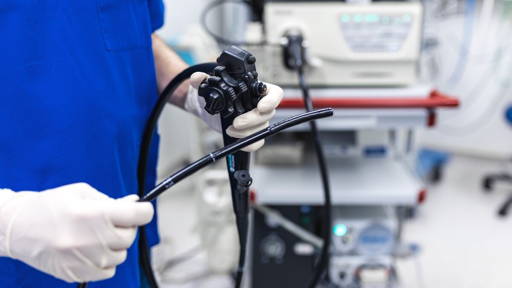Microsoft has unveiled a new AI tool: the AI Diagnostic Orchestrator (MAI‑DxO). This innovative technology simulates the thought process of a multidisciplinary team of doctors and has proven capable of making complex medical diagnoses with a high degree of accuracy. According to Microsoft, it is up to four times more accurate than doctors.
In a recent test on 304 challenging cases from the New England Journal of Medicine, MAI-DxO achieved an accuracy of between 85 and 86 percent. That was more than four times higher than the average of 20 percent achieved by 21 experienced doctors from the UK and the US.
Diagnostic reasoning based on AI
MAI-DxO works according to a “chain-of-debate” method: a chain of reasoning steps in which the AI actively collects information, requests targeted tests and adjusts hypotheses. To do this, Microsoft uses multiple AI models (such as GPT, Claude, Gemini and Llama) that operate together as a single intelligent agent system. The result is not only greater accuracy, but also transparency, time savings and a reduction in diagnostic costs of approximately 20 per cent.
Although MAI-DxO, like all diagnostic and medical AI applications, is not intended to replace doctors, it could serve as a powerful decision-making aid in the future. This is certainly true in situations where there is a lack of available expertise or time. Microsoft emphasises that human empathy, interpretation and responsibility remain essential in the care process. Clinical validation and regulatory approval are the next necessary steps before widespread deployment is possible.
Eric Topol: astonishing results
Professor Eric Topol, a leading AI researcher, speaks of astonishing results and a possible turning point in how diagnostics are organised. However, experts are also calling for caution: the system was tested in a controlled environment in which doctors were not allowed to use tools or consult with others. Because of these “preconditions”, the comparison between the results of MAI-DxO and the doctors must be assessed with some nuance.
If follow-up studies and tests prove that MAI-DxO is also effective in clinical practice, the tool could contribute to global access to specialist care and reduce overdiagnosis and unnecessary healthcare costs. Microsoft is considering broad integration into platforms such as Bing, Copilot and Dragon, which could make the tool available to both professionals and patients.
This development highlights the growing importance of reliable, ethically responsible and practical AI integration in healthcare. The promise is great, but as always, implementation begins with testing in practice.
AI diagnostics
For several years now, intensive work has been underway to integrate AI applications that can support doctors in the diagnostic process. For example, a recent study showed that linking a full-body scanner to a diagnostic AI platform can help in the early detection of melanoma, a form of skin cancer. And in another study earlier this year, it was demonstrated that an AI model capable of analysing long-term ECGs “misses” fewer heart failure diagnoses than cardiologists. With the help of the AI tool, the number of missed diagnoses was found to decrease by a factor of 14.









